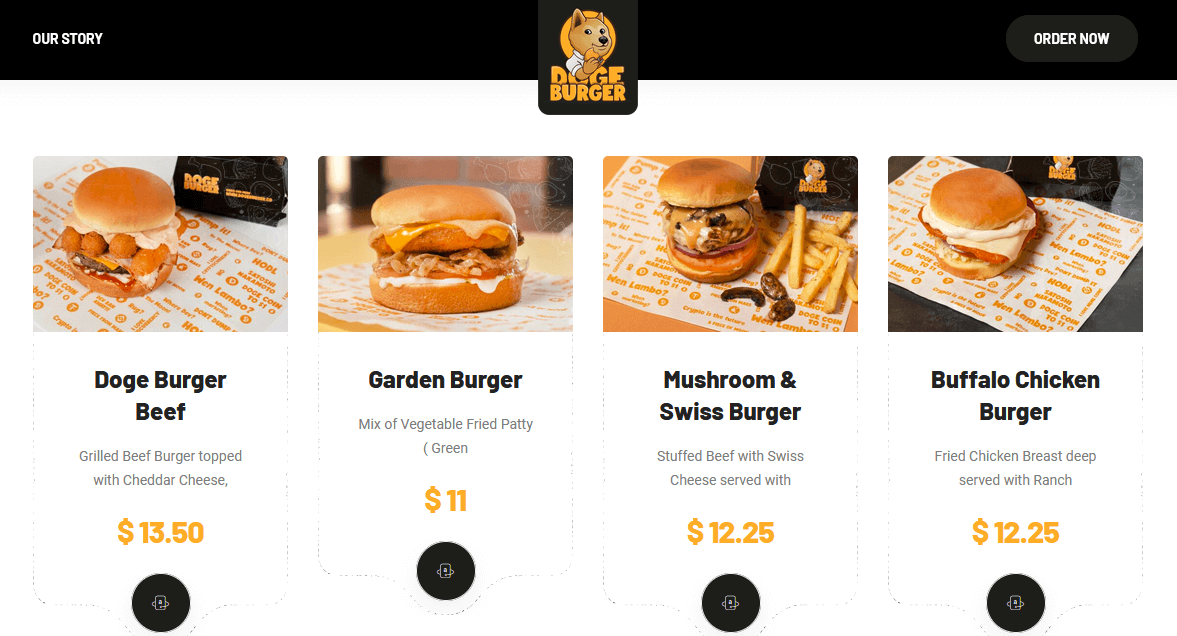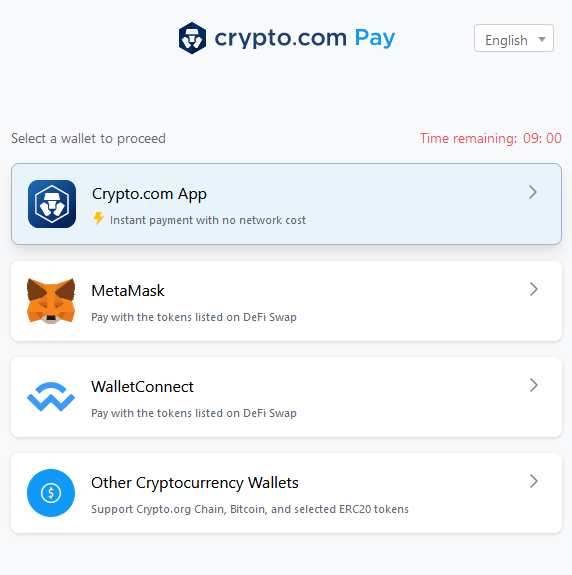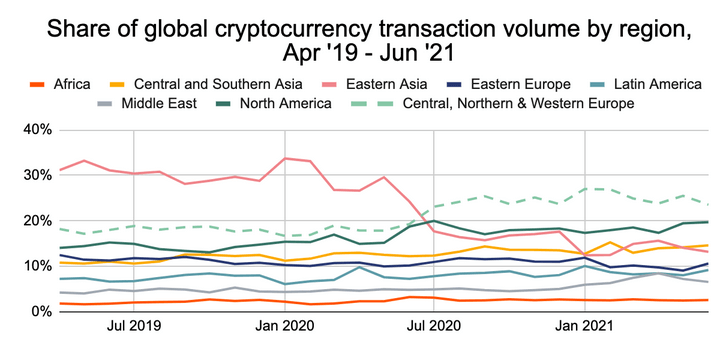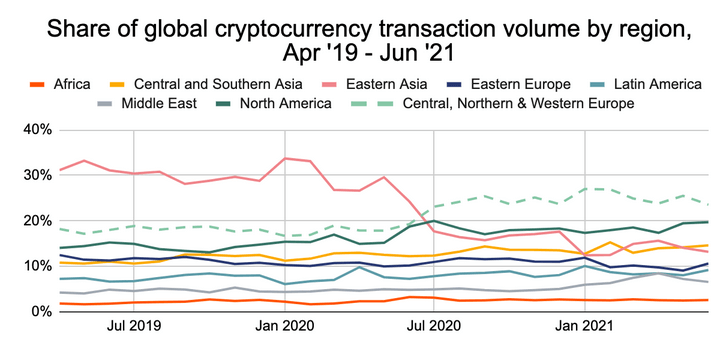A Dogecoin-inspired virtual restaurant, named Doge Burger, launched in Dubai last week. Locals can order real food from the “cloud kitchen” for doorstep delivery and pay using crypto.
A delectable choice of all-American classics are on the menu, including Doge Burger Chicken and Doge Burger Beef, and for the connoisseurs, the Mushroom and Swiss Burger is sure to hit the spot.


What’s even better, despite the naming of the restaurant, none of the meat patties contain any real doge. Instead, the founders named it so as a homage to Dogecoin, which netted them huge returns.
Does anyone fancy a Doge Burger?
Doge Burger pitches itself as the first “crypto-based hospitality-concept,” enabling payment with digital currencies.
“Doge Burger is the chain’s first crypto-based hospitality concept that will enable consumers across the UAE to order and pay for their meal with digital currency.”
Time Out Dubai points out that some UAE-based restaurants were offering payment with crypto as far back as 2014. But whether those restaurants were “crypto-based hospitality” experiences is doubtful, though.
Nonetheless, paying for your Doge Burger is handled by Crypto.com, which offers payment via its own app, MetaMask, WalletConnect, and “Other Cryptocurrency Wallets.”


Last month, Elon Musk said he would eat a Happy Meal on TV if McDonald’s accepts Dogecoin. Although McDonald’s bantered back by saying, only if Tesla takes Grimace Coin, the whole thing fizzled into a big, fat, nothing burger.
The problem is paying with Dogecoin (or any crypto) has tax consequences, depending on where you live. Things get further complicated by Dogecoin not really seen as a payment token.
However, the Dogecoin Foundation hopes to change that. Q4 2021 saw them announce plans to reinvent $DOGE as a payment token, or what they call, “a serious universal currency for people.”
Will this be enough to bring back the buyers or foster greater crypto adoption?
UAE paves the way for crypto adoption in the Middle East
The UAE is turning to crypto in a bid to remain competitive. Authorities are poised to issue crypto licenses to attract big names to the region. The Securities and Commodities Authority is close to amending legislation enabling exchanges to operate there.
Bloomberg says the policy could transform the Emirates into a financial center rivaling that of Singapore and Hong Kong.
“A nationwide licensing system for virtual-asset firms could help the UAE better compete with rival financial centers like Singapore and Hong Kong, which are also in the midst of creating fully regulated environments for crypto trading.”
Although some of the country’s financial free zones have already issued equivalent permits, a national policy signals the intent of the top brass.
“Dubai Multi Commodities Centre has licensed 22, while Abu Dhabi Global Market has six and Dubai Silicon Oasis Authority has at least one.”
According to Chainalysis, the Middle East ranks second bottom for global transaction volume, accounting for around 5%. In turn, the UAE is ranked the third-largest crypto market in the Middle East behind Turkey and Lebanon.


Clearly, the Middle East and UAE have work to do before they can challenge other regions.
Nonetheless, the Doge Burger founders aspire to drive crypto adoption by facilitating real-world use cases. They were early Dogecoin investors and funded the operation entirely from $DOGE profits.
CryptoSlate Newsletter
Featuring a summary of the most important daily stories in the world of crypto, DeFi, NFTs and more.
Get an edge on the cryptoasset market
Access more crypto insights and context in every article as a paid member of CryptoSlate Edge.
On-chain analysis
Price snapshots
More context























Comments (No)